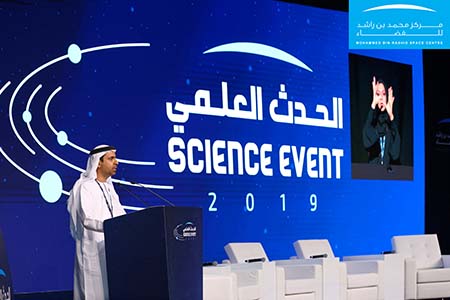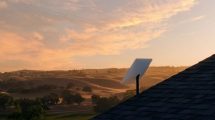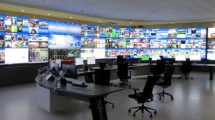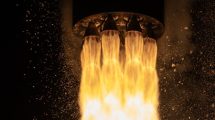
The Mohammed bin Rashid Space Centre (MBRSC) has launched the ‘Science in Space’ competition, in collaboration with NanoRacks LLC. This initiative is a part of the UAE Astronaut Programme, and will allow schools to participate in conducting scientific experiments to study the impact of microgravity.
HE Yousuf Hamad AlShaibani, Director General of MBRSC, said: “The mission of the first Emirati astronaut to ISS will be a historic event for the UAE’s space industry, and for the first time, students have the opportunity to learn about the experiments that will be a part of the astronaut’s mission and conduct them on-ground”.
At MBRSC, we are committed to involving different sectors, most notably the education sector in space programmes, to inspire Emirati students to be more interested in the space sector and encourage them to study scientific disciplines so we contribute to empowering the next generation in STEM fields.”
Salem AlMarri, Assistant Director General for Science and Technology Sector, Head of UAE Astronaut Programme, added: “MBRSC aims to diversify the scientific studies conducted by the first Emirati Astronaut in his eight-day mission aboard the International Space Station to enrich human knowledge and derive a database that can be shared with different scientific organisations locally and internationally. ‘Science in Space’ competition is set to encourage the study of space sciences through involving students in the scientific mission of the first Emirati astronaut scheduled to be in ISS on 25 September.”
AlMarri highlighted that the competition is open to students, (from fifth grade), from public and private schools, across the UAE. Following the selection of the schools, MBRSC will organise a workshop for students to conduct their experiments and train them to use test tubes and petri dishes, supplied by the commercial space company NanoRacks. The studies will be conducted by the first Emirati astronaut onboard the ISS, and the results of the two environments will later be compared. The experiments include the effect of microgravity on cell growth, microorganisms, genes, grass seed germination rates, fungi and algae, the effect of antibiotics on bacteria, basic chemical reactions in space, and other physical, biological and chemical experiments.
The UAE Astronaut Programme is funded by the ICT fund of the Telecommunications Regulatory Authority (TRA). Launched in 2007, this fund, which is the first of its kind in the Arab world, aims towards supporting research and development within the ICT sector in the UAE, helping it to grow into a nationally significant industry with a leading place in the world.














Add Comment